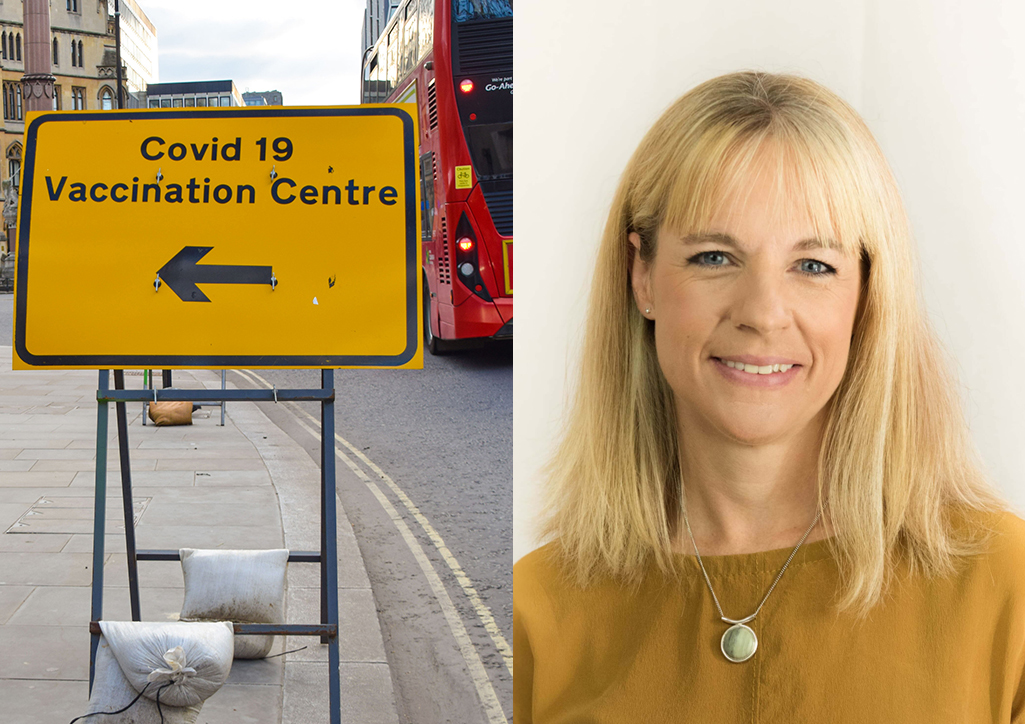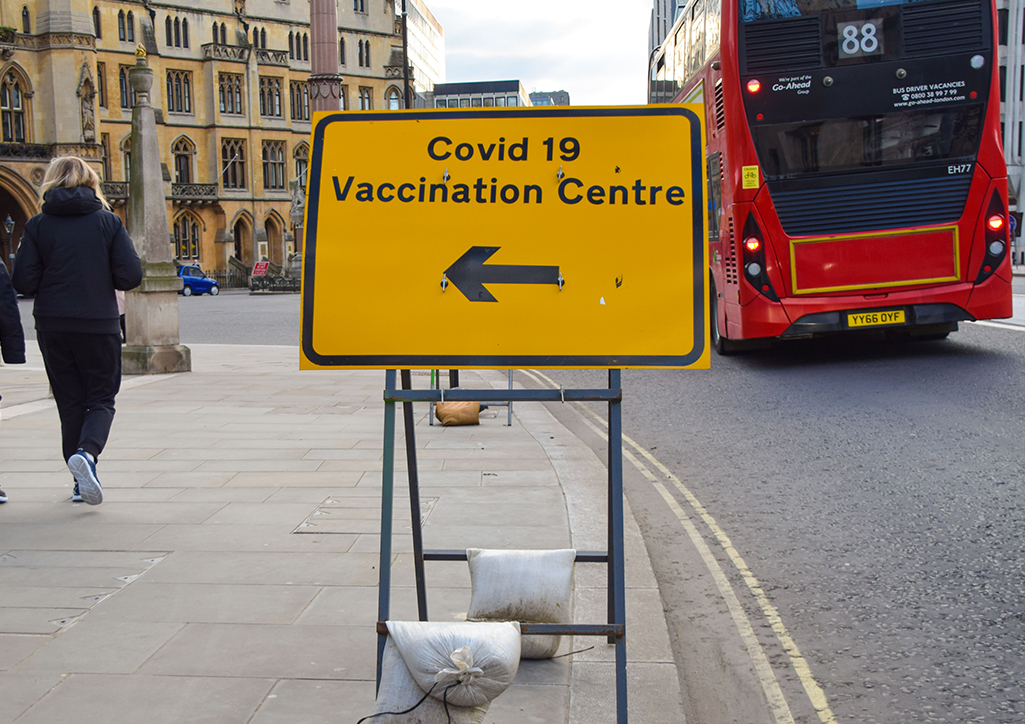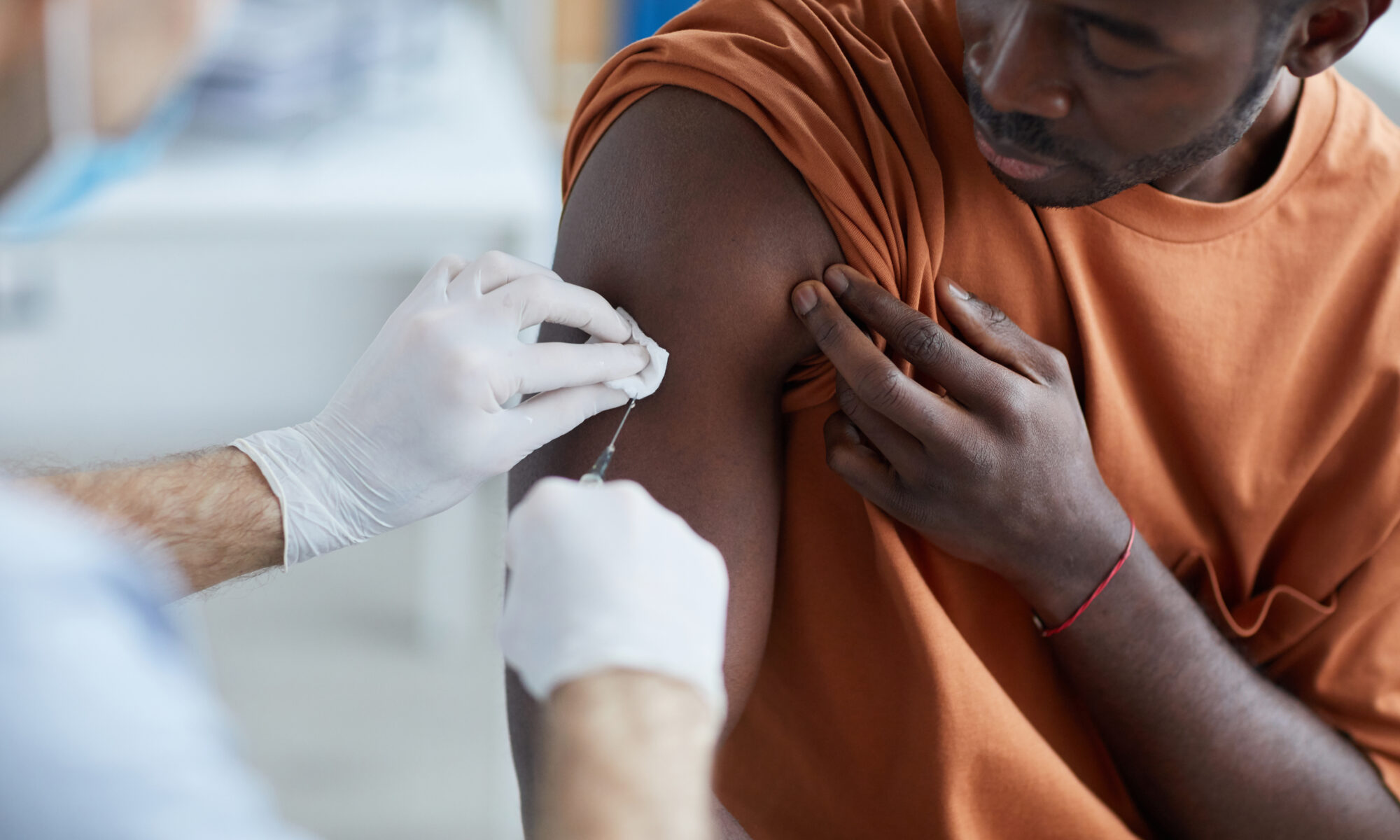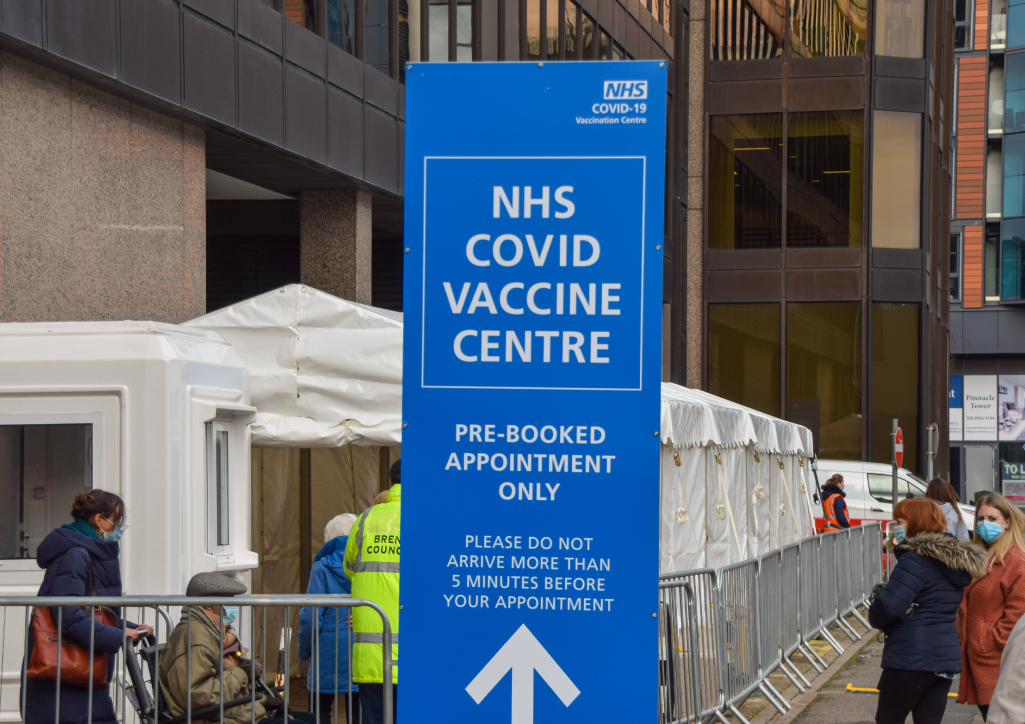We strongly believe that improving patient experience is at the heart of all that we do. In creating the Weight Management Referral Hub, we have embraced a person-centred approach and designed a tool that allows patients to choose the weight management product which they feel they can connect with most successfully, and which then provides a flexible and tailored service to match their individual needs.
Background
Managing weight and reducing obesity have become major health issues in recent years and the realisation that a patient’s weight can have a major impact upon their experience of – and recovery from – COVID-19 has only made the issue more pressing over the last year.
This web-based Referral Hub has been developed to give eligible patients access to tier 2 weight management services delivered digitally as part of the NHS Digital Weight Management Programme, following automated e-referral from general practice.
Action
A triage algorithm process identifies the appropriate level of intervention the patient will need based on their likelihood of completing the programme and offers a choice of WMS providers to deliver the service. The patient selects the provider of choice and the system links to the chosen WMS and passes across key information to enable the patient to register and get started.
The NHS Digital Weight Management Programme (DWMP) is targeted towards people with a diagnosis of diabetes or hypertension who are living with obesity (BMI 30+ adjusted appropriately for ethnicity), where we know we can have a significant impact on improving their health, reducing health inequalities and costs.
It is also designed to offer effective weight management services to people with obesity and co-morbidities (diabetes and/or hypertension).
The programme features interventions of varying intensities, delivered by commercial providers, offering tailored approaches which target people from Black, Asian and minority ethnic groups, men, younger people, and those from deprived communities – and make a real difference to their health and wellbeing.
The Hub provides a single point of access for health professionals to manage patient referrals and allocate patients to appropriate DWMP providers and acts as a single point of contact for all potential patients, offering them a choice of provider appropriate to their level of intervention, and sending the chosen provider details of the person’s eligibility assessment.
Impact
Following extensive testing of the Hub, we have signed up 218 practices to take part. Staff have reported saving significant amounts of time in processing referrals as the Hub makes the relevant templates electronically available to all GP practices.
Referrals are then automatically generated into the Hub via an application programming interface which then leads to swift contact with patients. Each user can then access the Hub via their smartphone or computer, and by following a series of simple steps they can select their chosen provider and begin their programme.
The savings produced in terms of time and resources and the improved completions of the programme by patients using the Hub have demonstrated the value of this approach and the potential for major efficiency gains, as well as a large reduction in the amount of money spent on treatment for patients with weight management issues.
By cutting back on applications paperwork and making referrals through the Hub, and by making the transfer of patient details automatic, the Hub leaves NHS staff free to concentrate on other tasks.
Feedback from early testers:
“Very simplistic process and easy to follow. From what I remember it was only about 6/7 steps so very user friendly.”
“It was simple to use and and quick to use. Very easy to understand.”
“It looks great on the phone and really easy to use !!”
“All went smoothly. Received a text message, clicked the link, answered all questions through to choosing the provider, shut it down and clicked back on the link in the message. Previous answers were pre-filled, chose the provider and it said everything completed. No issues.”












